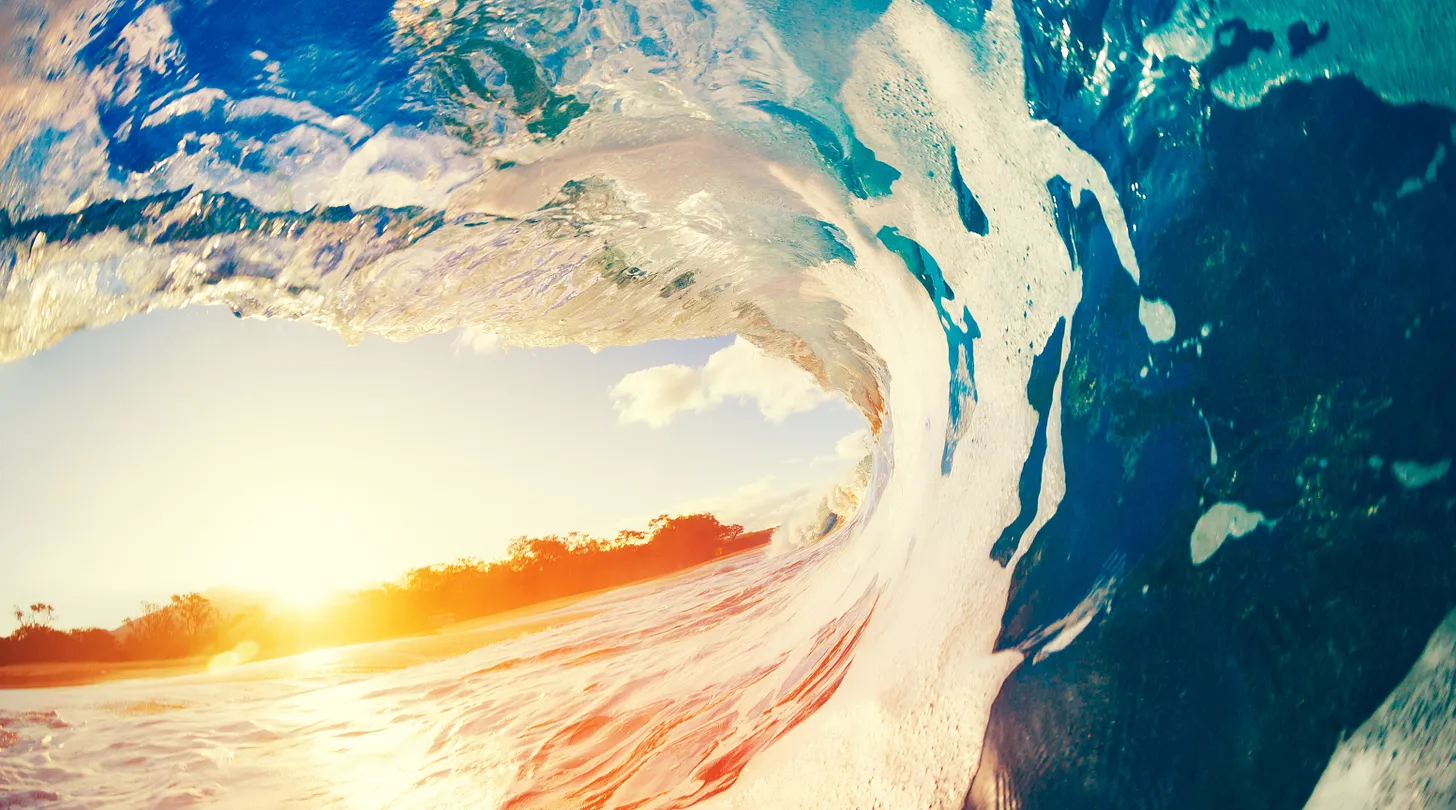They Knew What to Do
They survived because they had the knowledge that had been handed down to them through generations past.
From Knowing What We Know, by Simon Winchester, referencing this story, which I don't remember hearing or reading about at the time:
Sunday, December 26, 2004, is memorialized across the Indian Ocean as the date of an enormous undersea earthquake and a consequent unimaginably lethal tsunami. The enormous drowning wave headed at immense speed from its epicenter at the northern tip of the Indonesian island of Sumatra and spread unstoppably through the Bay of Bengal, devastating coastal communities—and tourist destinations—in Thailand, India, Sri Lanka, and beyond. Some 230,000 people died, in the worst natural disaster of the century thus far.
The waves struck the Andaman Islands in the midmorning, roaring up the island chain at some 500 miles an hour, thrashing uncontrollably up the beaches and dragging to their deaths as many as seven thousand people. Almost all of the victims were Hindus, descendants of mainland Indians who had come to the Andamans many years before. But of the five hundred indigenous inhabitants, those belonging to the . . . Onge, Jarawa, and Sentinelese groups—all of whom have great hostility to newcomers and have long made clear their wish to be left alone—not a single one died in the tragedy. All escaped the ferocity of the inrushing waves—because, quite simply, they knew what to do.
There is still some uncertainty about how they knew. Songs, say some students of the groups. Long-remembered poems, say others. The saying of the tribal elders, shouted down to the youngsters. But whatever the mechanisms, what occurred appears to have been common to all of them. Those on the beach, fishing or mending nets, suddenly noticed a series of unusual changes in their surroundings: the swift out-running of the tide, the unexpected drying of the sand, the changed color of the seawater, the line of spume and spray on the ocean's far horizon. They had no immediate idea of what this might presage—just, for all of them, a distant memory, a few snatches of poetry, or song, or utterances from village shamans or elders—memories that hinted a vaguely recalled instruction: that when such things happen you need to run, and run inland and up into the hills and run deep into the forests. Run uphill, up, up, up!
So they did as memory bade them, and they gathered up all the slowpokes and the otherwise occupied and took themselves by the hundreds up into the hillside darkness from where they watched, horrified. The huge waves began to swallow up the beach where they had been just a few moments before, wrecking houses, upending and sinking boats, picking up and drowning dozens of villagers—Hindu villagers, mainlanders, outsiders, migrants—who had no inkling of what to do.
Maybe they watched in horror, maybe they were terrified, but they lived, all of them. And they survived because they had the knowledge, knowledge that had been handed down to them through generations past. They were in possession, unwittingly no doubt, of what some like to call, fancifully, "the original instructions."

